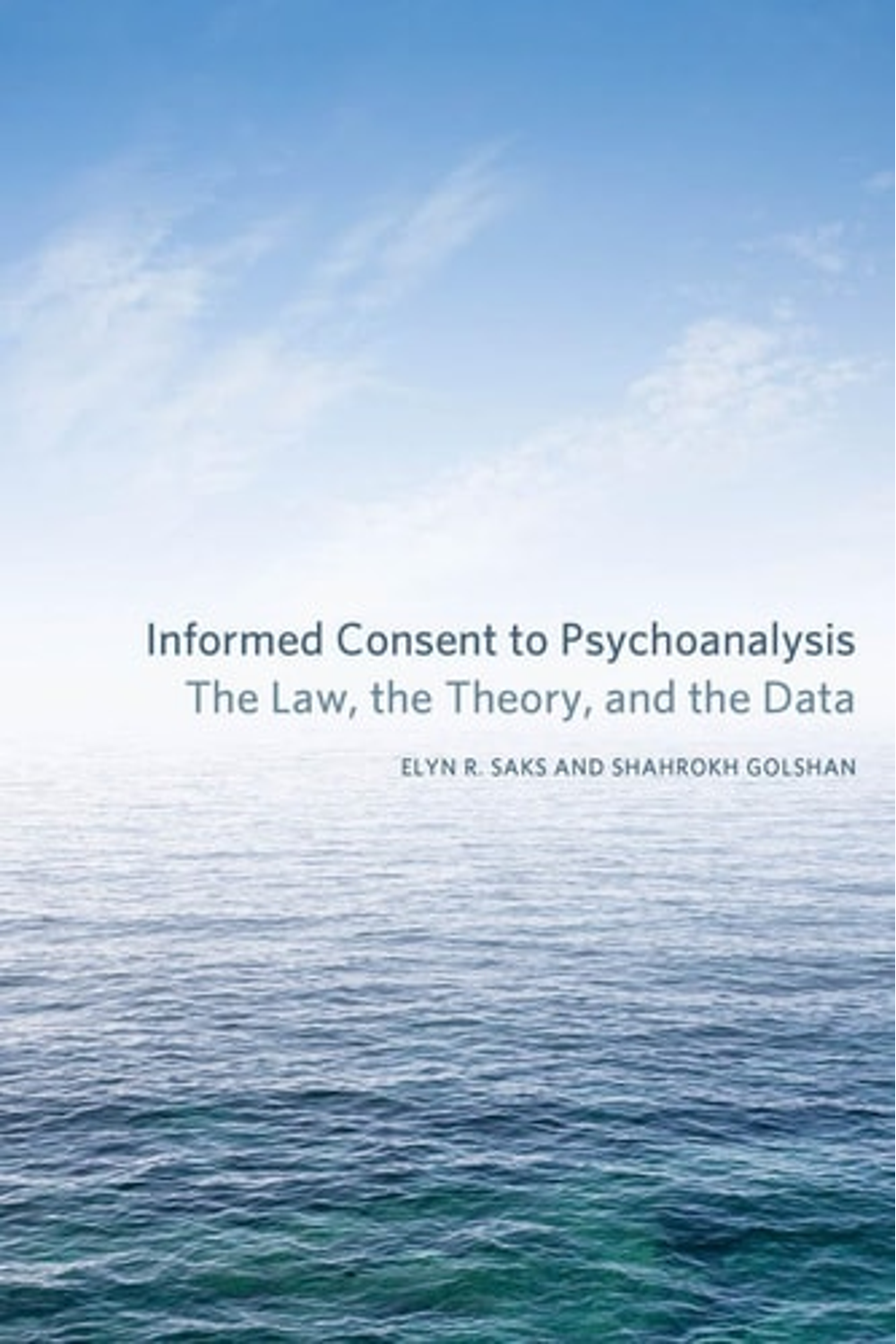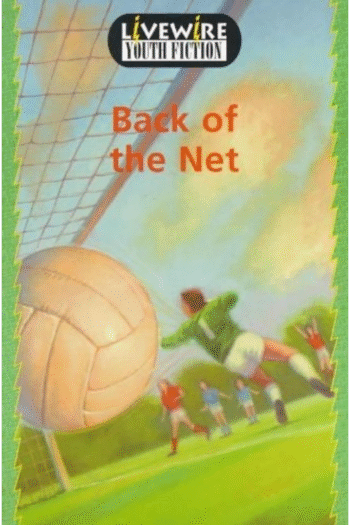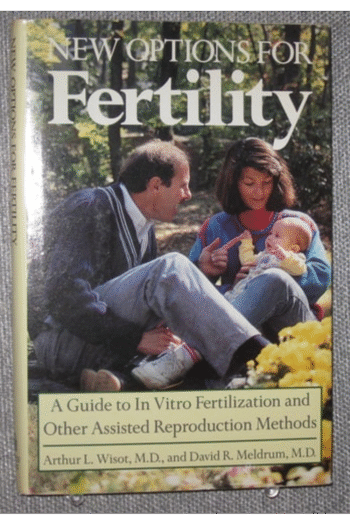Navigating the murky waters of ethical practice in psychoanalysis just got easier. “Informed Consent to Psychoanalysis: The Law, the Theory, and the Data,” penned by legal scholar Elyn R. Saks and Shahrokh Golshan, confronts the pivotal question: how does informed consent, a cornerstone of modern healthcare, translate into the nuanced realm of psychoanalytic treatment? This isn’t your typical dry legal textbook. Saks, known for her profound insights into mental health law and her personal struggles with schizophrenia (as detailed in her bestselling memoir), brings a unique blend of academic rigor and empathetic understanding to the subject. Co-author Golshan adds further depth, creating a powerful partnership that tackles this complex issue head-on. The book dissects the legal precedents and professional guidelines surrounding informed consent, meticulously examining what is legally required of psychoanalysts. However, it goes far beyond mere legal recitation. It delves into the theoretical heart of the matter, grappling with questions of patient autonomy, the therapeutic relationship, and the very possibility of true informed consent in a process often characterized by the unconscious and the unpredictable. Can patients truly grasp concepts like transference before they experience them? Is a “process view” of informed consent viable in psychoanalysis? But what truly elevates this work is its incorporation of original research. The authors surveyed practicing psychoanalysts, revealing their diverse approaches to informed consent and the challenges they encounter in their daily work. This empirical data provides invaluable insights into the realities of ethical practice in the field. Do analysts routinely obtain written consent? What information is typically disclosed, and why? Do analysts themselves believe that informed consent is even attainable in psychoanalysis, and is it ultimately therapeutic or countertherapeutic? This book isn’t just for therapists and legal professionals. Anyone grappling with the ethical dimensions of mental health treatment will find this book essential reading. It prompts critical self-reflection, offering a framework for ethical decision-making that prioritizes patient well-being. Published by Fordham University Press, this concise paperback (142 pages) delivers a potent blend of legal analysis, psychoanalytic theory, and empirical data. It’s a must-have for anyone seeking to deepen their understanding of ethical psychoanalytic practice. ISBN-13: 978-0823249770. Prepare to have your assumptions challenged and your perspective broadened.
Informed Consent to Psychoanalysis: The Law, the Theory, and the Data (Psychoanalytic Interventions)
26,76 $
In stock
The goal of this book is to shed psychoanalytic light on a conceptinformed consentthat has transformed the delivery of health care in the United States.
Examining the concept of informed consent in the context of psychoanalysis, the book first summarizes the law and literature on this topic. Is informed consent required as a matter of positive law? Apart from statutes and cases, what do the professional organizations say about this?
Second, the book looks at informed consent as a theoretical matter. It addresses such questions as: What would be the elements of a robust informed consent in psychoanalysis? Is informed consent even possible here? Can patients really understand, say, transference or regression before they experience them, and is it too late once they have? Is informed consent therapeutic or countertherapeutic? Can a process view of informed consent make sense here?
Third, the book reviews data on the topic. A lengthy questionnaire answered by sixty-two analysts reveals their practices in this regard. Do they obtain a statement of informed consent from their patients? What do they disclose? Why do they disclose it? Do they think it is possible to obtain informed consent in psychoanalysis at all? Do they think the practice is therapeutic or countertherapeutic, and in what ways? Do they think there should or should not be an informed consent requirement for psychoanalysis?
The book should appeal above all to therapists interested in the ethical dimensions of their practice.
| Authors | |
|---|---|
| Binding | |
| Condition | |
| ISBN-10 | 0823249778 |
| ISBN-13 | 9780823249770 |
| Language | |
| Pages | 142 |
| Publisher | |
| Year published | |
| Weight | 227 |
| Edition | 1 |
- Additional information
- Currencies
- USD – United States dollar
- EUR – Euro
- GBP – Pound sterling
- CNY – Chinese yuan
- BRL – Brazilian real
- MXN – Mexican peso
- JPY – Japanese yen
- PHP – Philippine peso
- THB – Thai baht
- PLN – Polish złoty
- CAD – Canadian dollar
- MYR – Malaysian ringgit
- AUD – Australian dollar
- TWD – New Taiwan dollar
- CZK – Czech koruna
- SEK – Swedish krona
- HUF – Hungarian forint
- ILS – Israeli new shekel
- CHF – Swiss franc
- HKD – Hong Kong dollar
- DKK – Danish krone
- SGD – Singapore dollar
- NOK – Norwegian krone
- NZD – New Zealand dollar





